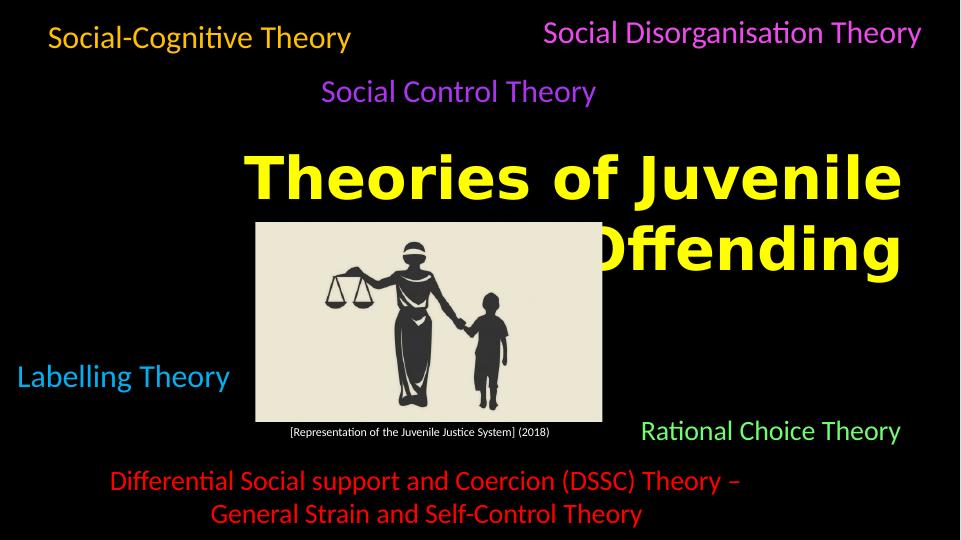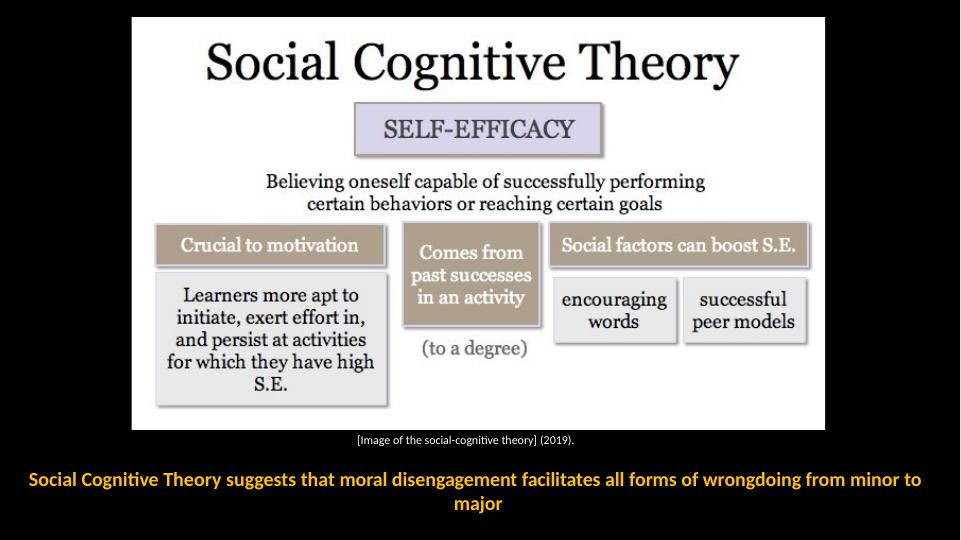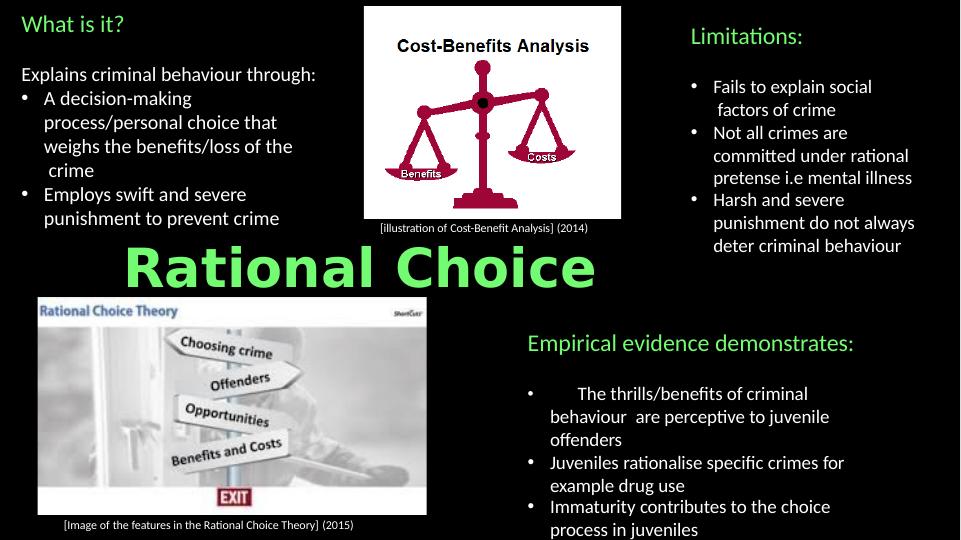Theories of Juvenile Offending
Added on 2023-04-19
9 Pages1010 Words74 Views
End of preview
Want to access all the pages? Upload your documents or become a member.
Sociological Theories of Juvenile Crime & Justice
|12
|930
|377
Theories of Juvenile Offending
|10
|1079
|128
Theories of Juvenile Offending
|9
|1197
|338


